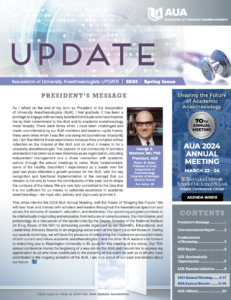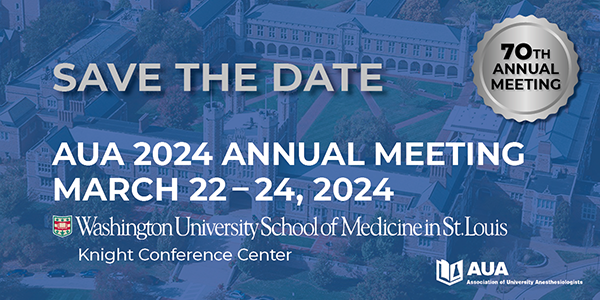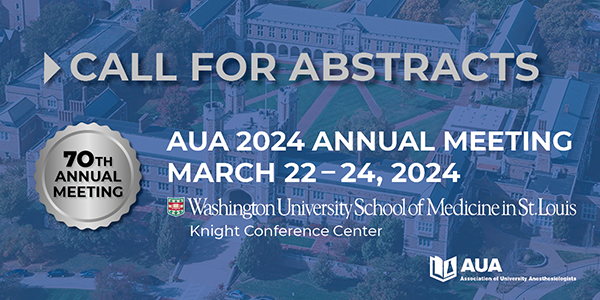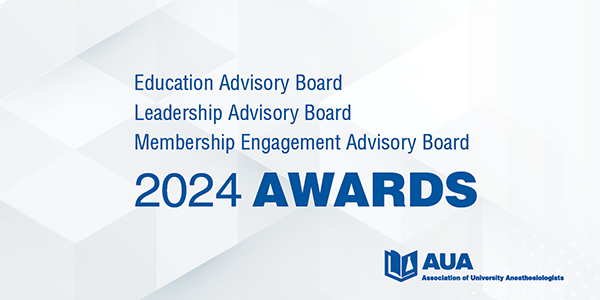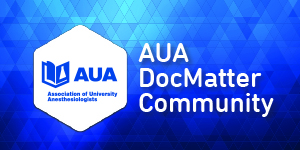A Debate About the Effectiveness of the Flipped Classroom: Con
The flipped classroom (FC) format contrasts with “traditional” didactic formats in two ways: 1) the FC format is necessarily preceded by assigned self-directed learning (the “flipping”), and 2) traditional formats do not necessarily include interactive discussion. The FC format is gaining popularity and the subject of increasing amounts of medical education research.
Issues with current FC studies in medical education
Published interventions that assess FC in medical education 1) are often part of larger curriculum redesign efforts that change many factors in addition to “flipping the content” and 2) do not track important confounders. Specifically, in addition to the FC format, comparator groups have differed from intervention groups in important ways, including total study time, expectations for didactic attendance, solicitation and response to student feedback, and streamlining of content.1,2 Thus, we cannot ascribe causality to the “flipping” per se.
This is not to say that FC does not or cannot work in medical education. It simply means that current studies do not seem to be designed to answer that question.
Setting this aside, let’s look at the literature.
Does the FC format increase learning in medical education?
Unfortunately, systematic review of the FC format in medical education failed to show a consistent empiric learning benefit of the FC format in medical education.3 This is a surprising finding, because the FC format includes active learning strategies that should work. By its nature, the FC format includes some of the most highly effective learning techniques that have been studied: the spreading out of study activities over time (spacing), active recall of previously studied material (retrieval), explaining why something might be true (elaboration), and relating learning to other knowledge (self-explanation). When compared to more passive learning strategies these active strategies dominate.4 Consequently, we should expect that the FC format affords substantial gains for learners. That we do not see a consistent learning benefit is puzzling.
Why do FC studies fail to show consistent learning benefit in medical education?
How could it be that a format that employs high-yield strategies and requires additional self-directed learning has no impact on learning?
Maybe it’s a problem in the methods
If we take the optimistic view, it may be that studies, even systematic reviews, have simply been underpowered. Power is a major issue for medical education research, where “dilution” of observed effects is possible owing to many other factors. It may also be that researchers are looking at the wrong outcomes. Most studies of FC have looked at short-term retention of learned material. Perhaps longer-term retention or transfer of learned materials to new areas would be more successful in demonstrating an effect.
Maybe “flipping” is not practical for medical education
On the other hand, it may be that the FC format does not work as well in medical education for other reasons. One of the greatest and most practical threats to the FC format is when learners do not do the pre-work. When this happens, the learner does not encode the information before the session, and (because the session is focused on using the information, not acquiring it) they do not encode it then either. This subgroup of learners would greatly decrease any observed effect in studies (and in practice). In published accounts of FC in medical education, compliance with pre-work is disappointing: 25-69% of medical education learners complete the pre-work, even when the pre-work only requires watching a 10-minute video.5,6 Learners in medical education have extensive competing responsibilities, and attempting to force learners to do the pre-work is challenging, to say the least.
Moreover, while the active learning components of FC have substantial theoretical and empiric grounding, the “flipping” itself has little laboratory evidence. Although the “FC” name suggests that the temporal “flipping” is an important element, proponents of the FC format justifiably argue that it is the active learning techniques that are more important.7 Continuing to emphasize the pre-work “flipping” component, instead of focusing on active learning during didactics, may be the Achilles heel of it all.
Bottom Line
Studies of FC in medical education have been heavily confounded, limiting our ability to ascribe causality. Even disregarding this, evidence does not yet support a learning benefit of the FC content in medical education. Future studies must employ adequate controls and should focus on longer term learning outcomes. To find success in medical education, the FC format may benefit from “re-branding” that focuses more on active learning components and less on the pre-work that is often not done by medical learners.
References
- Spiro CJ, Baker KH, Saddawi-Konefka D. The Flipped Classroom: An Interesting Hypothesis Deserving of More Data. Acad Med. In Press
- Vanneman M, Baker K, Saddawi-Konefka D. Studies on the effectiveness of flipped classrooms: are we comparing apples to apples? Med Educ. 2017;51(12):1293-1294. doi:10.1111/medu.13381
- Chen F, Lui AM, Martinelli SM. A systematic review of the effectiveness of flipped classrooms in medical education. Med Educ. 2017;51(6):585-597. doi:10.1111/medu.13272
- Dunlosky J, Rawson KA, Marsh EJ, Nathan MJ, Willingham DT. Improving Students’ Learning With Effective Learning Techniques. Psychol Sci Public Interes. 2013;14(1):4-58. doi:10.1177/1529100612453266
- Cooper AZ, Hsieh G, Kiss JE, Huang GC. Flipping Out: Does the Flipped Classroom Learning Model Work for GME? J Grad Med Educ. 2017;9(3):392-393. doi:10.4300/JGME-D-16-00827.1
- Heitz C, Prusakowski M, Willis G, Franck C. Does the Concept of the "Flipped Classroom" Extend to the Emergency Medicine Clinical Clerkship? West J Emerg Med. 2015;16(6):851-855. doi:10.5811/westjem.2015.9.27256
- Martinelli SM, Chen F, Mcevoy MD, Zvara DA, Schell RM. Utilization of the Flipped Classroom in Anesthesiology Graduate Medical Education: An Initial Survey of Faculty Beliefs and Practices About Active Learning. J Educ Perioper Med JEPM. 2018;20(1):E617. http://www.ncbi.nlm.nih.gov/pubmed/29928664. Accessed August 27, 2018.

